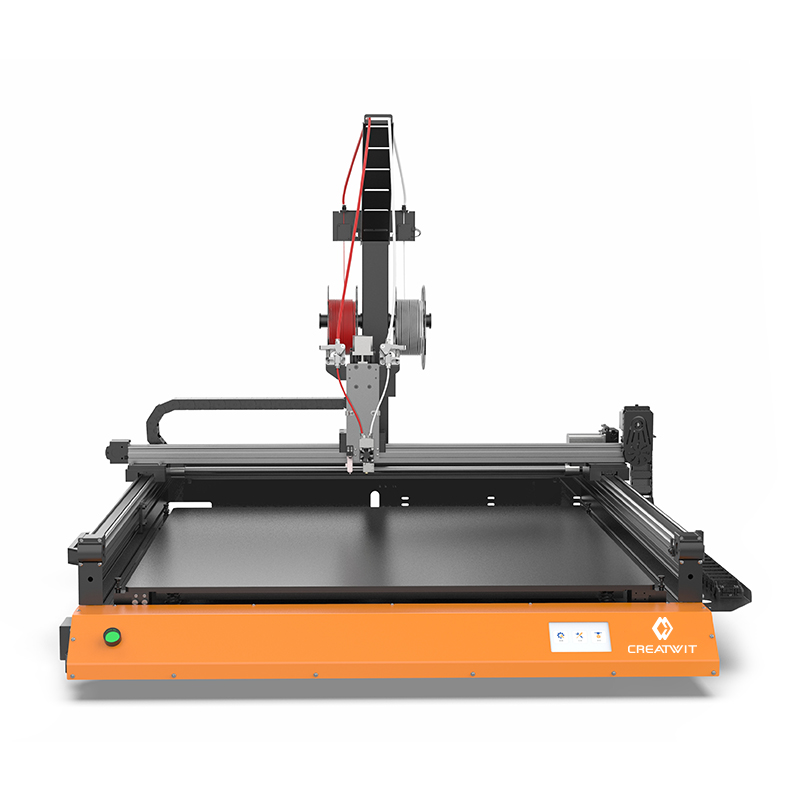Can the manufacturing industry use industrial 3D printers to form large-scale manufacturing?
At present, 3D printing technology has been popularized in all walks of life. Especially in the manufacturing industry, many manufacturing factories in different industries use industrial 3D printers to manufacture some template models, industrial components, designed molds and so on. The main reason why 3D printing technology can be so popular in the manufacturing industry is that 3D printing technology can complete some designs that cannot be achieved by traditional processes, and can produce better and more complex structures. There is a question here. Since 3D printing can complete various complex structures and save manufacturing processes, can it form batch manufacturing for the manufacturing industry?
Can the manufacturing industry use industrial 3D printers to form large-scale manufacturing?
Direct answer: with regard to the current 3D printing technology, even the best industrial 3D printers can not meet the needs of large-scale industrial manufacturing unless 3D printers are laid in large quantities. What is the reason for this? There are three points:
First, efficiency
Why is efficiency mentioned? It doesn't mean that 3D printing can effectively save processes, which can improve efficiency? Indeed, the use of 3D printing can reduce many unnecessary processes in traditional production methods, but it is not said that it can well mention efficiency. In short, the manufacturing method of industrial grade 3D printer belongs to single integrated molding, which means stand-alone operation. The efficiency of integrated molding of monomers is certainly not comparable to that of "graded parts processing + assembly in the industry", because the latter is mobilizing the production capacity of the whole manufacturing system. Semi finished products processing and graded processing can almost maximize the process efficiency, which is equivalent to the formation of an assembly line in the whole industry. The integrated molding of monomers, the workflow is completely fixed, can not form such industrial effects. Of course, unless 3D printers can be produced in batches, it is difficult to compare the actual efficiency of one or several devices with the traditional method.
Second, cost
Many people here say that in this case, it's good to batch install 3D printers. Indeed, as long as the number of tasks increases, the efficiency can be improved in theory, but this leads to another problem: the cost. Not to mention those 3D printers that can directly print metal are often tens of millions. Generally, industrial 3D printers in other industries cost tens of thousands of yuan at will. Moreover, once the equipment is installed in batches, it must take a long time to run. As long as any machine runs for a long time, there will be more or less problems after a long time, which requires maintenance, which is a cost. Therefore, unless it is in some special industries, such as advertising, dentistry, jewelry, etc., once the equipment is installed in batches in other industries, the cost will be very high.
Third, material problems
Although 3D printing technology has made breakthroughs in recent years, the overall room for progress is still limited. The main reason for this is the materials used in 3D printing. Some people say that the progress of 3D printing materials represents the entry of 3D printing technology. Although it can't be said right, it makes some sense. Take the metal industry as an example. At present, there are more than 10 kinds of materials suitable for 3D printing materials. In this regard, the types of materials are completely insufficient for practical application. Therefore, it is quite difficult to use industrial 3D printer as the main production equipment without more materials or better.


